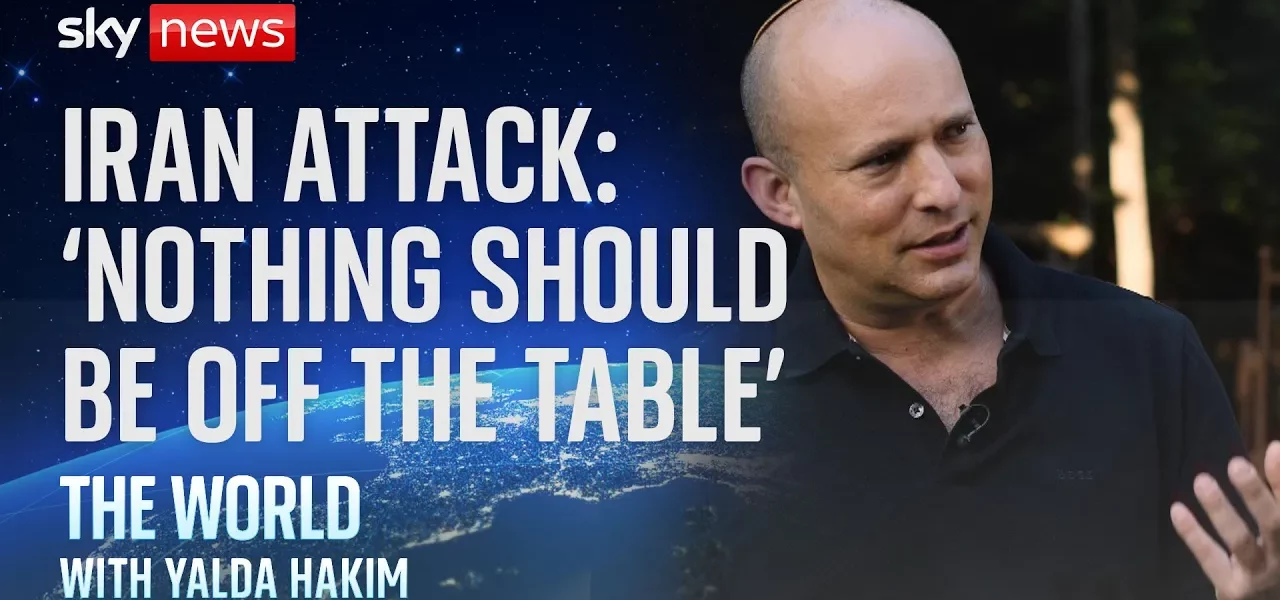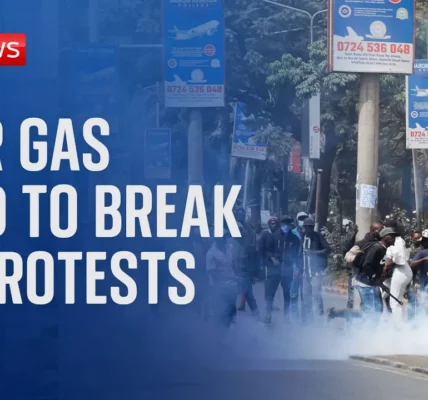Israel’s Response to Iran’s Ballistic Missile Strike: Strategies and Implications

In the wake of the recent ballistic missile strike by Iran on Israeli territory, the world watches closely as Israel contemplates its response. This article delves into potential strategies, the implications of Iran’s nuclear ambitions, and the ongoing conflict in Gaza, providing a comprehensive overview of the situation.
Introduction
The recent ballistic missile strike by Iran on Israel has escalated tensions in the region, prompting urgent discussions about Israel’s next steps. As the nation grapples with this unprecedented assault, a multifaceted approach is deemed necessary to address both immediate threats and long-term security concerns. This article explores the potential strategies Israel could employ, the significance of Iran’s nuclear capabilities, and the broader implications for international relations.
Assessing Israel’s Strategic Options
In light of Iran’s aggression, there are two primary strategies that Israel could consider: military strikes targeting Iran’s nuclear program and efforts to destabilize the Iranian regime. Each approach carries its own risks and rewards.
1. Military Strikes on Iran’s Nuclear Facilities
Israel has the capability to conduct military operations aimed at crippling Iran’s nuclear program. This strategy involves:
- Targeting key nuclear facilities to delay weapon development.
- Conducting precision strikes to minimize collateral damage.
- Utilizing advanced intelligence to identify critical sites.
2. Accelerating Regime Change
Another approach is to support efforts to topple the Iranian regime. This could involve:
- Supporting internal dissent against the Iranian government.
- Strengthening alliances with opposition groups.
- Fostering international support for regime change initiatives.
The ultimate goal is to prevent Iran from acquiring nuclear weapons while promoting a shift in governance that aligns with democratic values.
The Role of International Relations
Israel’s actions are not occurring in a vacuum; they are influenced by international dynamics and the responses of major global powers.
1. U.S. Involvement and Reactions
The United States has traditionally supported Israel but has expressed caution regarding aggressive military actions. This creates a complex balance for Israel:
- Maintaining legitimacy in the eyes of the international community.
- Ensuring that U.S. support remains strong amidst rising tensions.
2. European Perspectives
European nations have voiced concerns about civilian casualties in conflicts involving Israel. This criticism may impact Israel’s operational decisions:
- Managing international backlash while executing military strategies.
- Seeking diplomatic channels to alleviate tensions.
The Conflict in Gaza: A Complex Reality
The situation in Gaza adds another layer of complexity to the Israeli-Iranian conflict. The humanitarian crisis has drawn international scrutiny, with accusations aimed at both sides.
1. Hamas and Civilian Casualties
Hamas’s tactics of embedding military assets within civilian populations complicate the situation:
- The majority of casualties in Gaza are attributed to Hamas’s actions.
- Israel’s military responses aim to mitigate threats while minimizing civilian harm.
2. International Reactions to the Gaza Conflict
The international community remains divided regarding Israel’s actions in Gaza:
- Calls for ceasefires versus the need for decisive military action against Hamas.
- Debates on the ethical implications of warfare in densely populated regions.
Conclusion
As Israel navigates the precarious landscape following Iran’s missile strike, it must weigh its strategic options carefully. The decision to strike Iran’s nuclear facilities or to bolster efforts for regime change will have far-reaching implications, not only for Israel but for global security as well. The international community’s response will also play a crucial role in shaping the outcomes of these strategies. It is imperative for Israel to act decisively while maintaining the support of its allies. The call to action is clear: Israel must take every necessary measure to protect its sovereignty and ensure a stable future for the region.
“`




